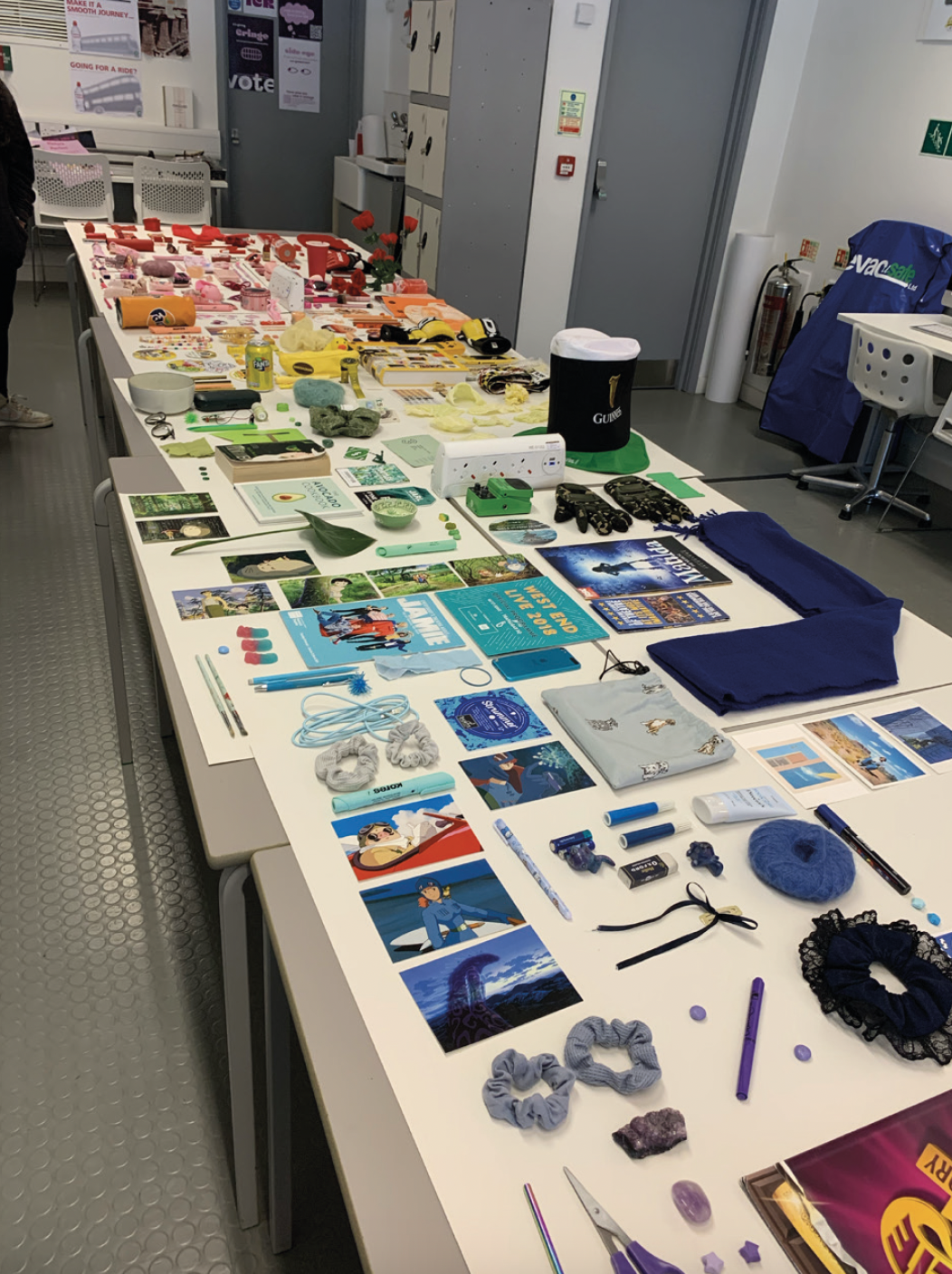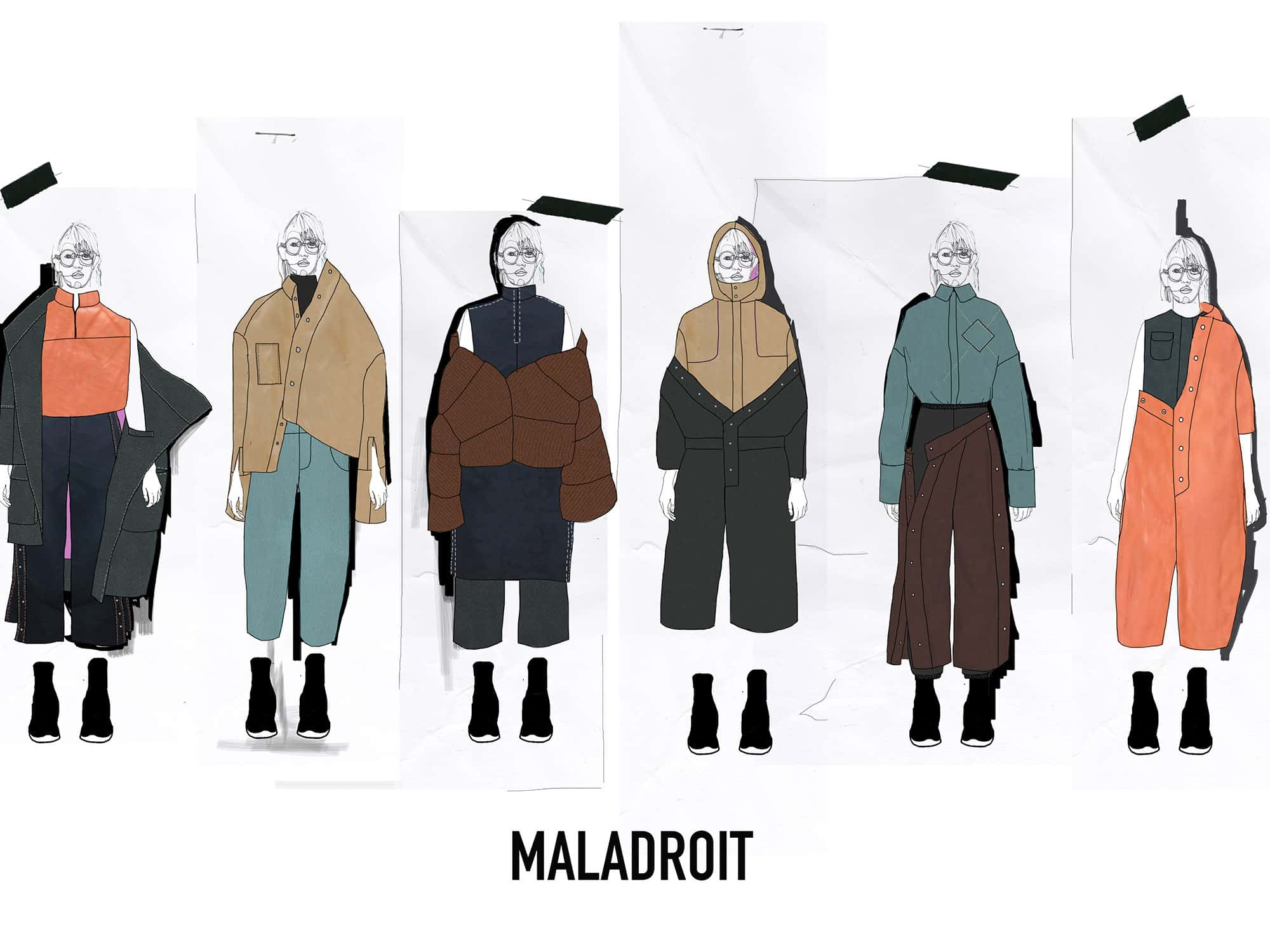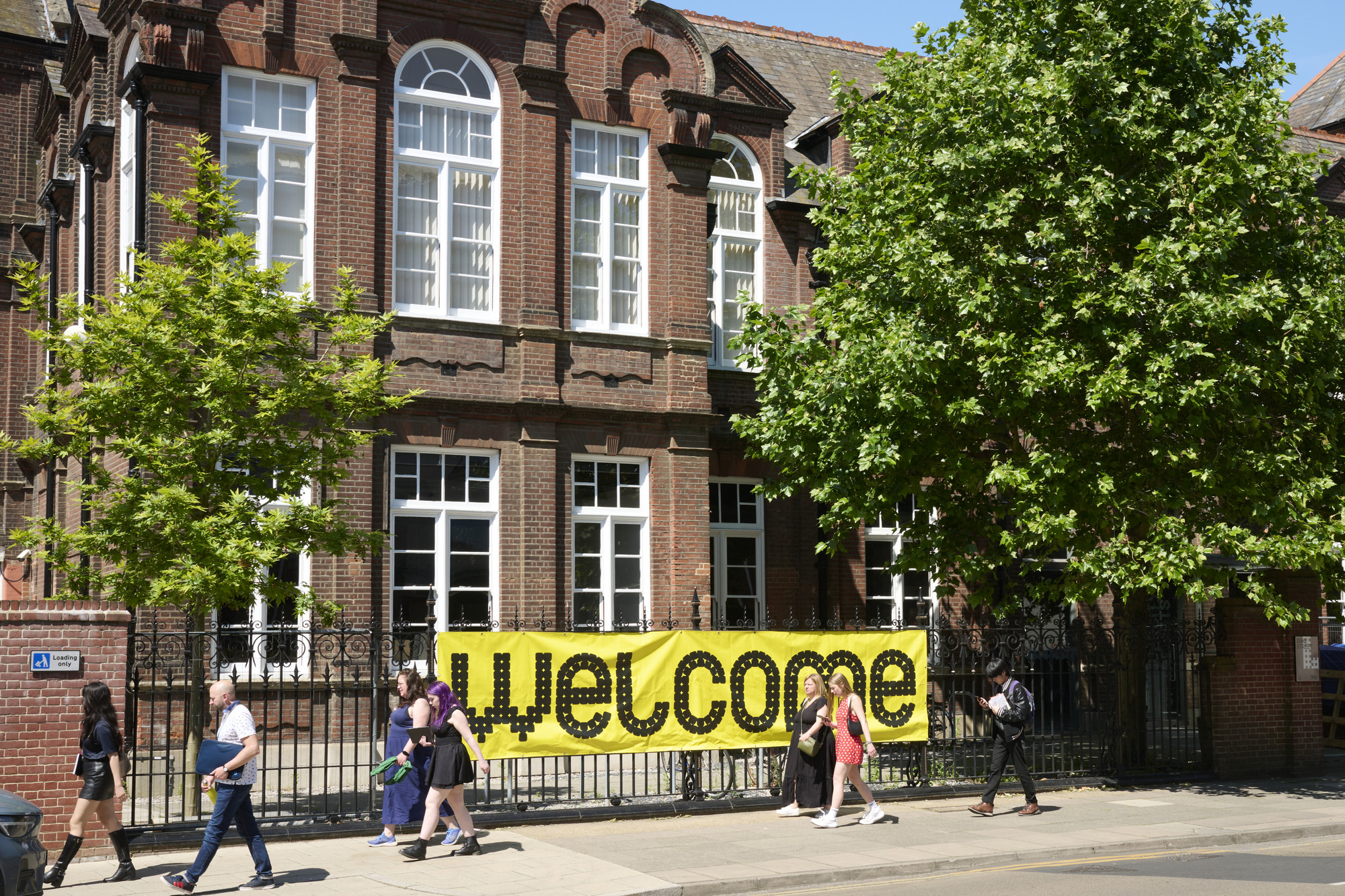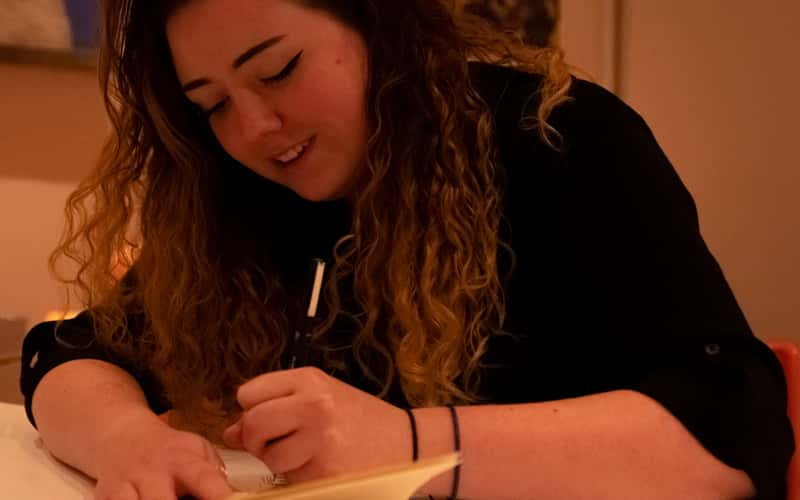How to write a personal statement
Your personal statement is your chance to tell us why you would be a good fit for your course. Find out how to make your words count.
Your university personal statement is an integral part of your undergraduate application. It’s your opportunity to demonstrate why you are passionate about your chosen course and why Norwich University of the Arts. Tell us about your skills, experiences and extracurricular activities, what excites you about your chosen field of study and your future ambitions.
Why is your personal statement important?
Your personal statement is an essential part of your university application. For many applicants, it may be the only opportunity to directly communicate your motivation and potential to the admissions team, especially if an interview is not part of the process. This is your moment to make a compelling case for why you want to study at Norwich University of the Arts.
What makes a great personal statement?
You have 4,000 characters to tell us your story – here’s how to make your words count.
Show your passion
Demonstrate your genuine enthusiasm for your chosen subject. Tutors want to know:
- Why this course excites you.
- How you’ve pursued your interests outside the classroom.
Highlight your character
Admissions tutors value students who are determined and hardworking. Be sure to illustrate how your personal qualities align with the demands of the course.
Share relevant experiences
Think about the experiences that shaped your passion for your subject. These could include:
- Volunteering or work placements.
- Extracurricular activities like clubs, awards, or projects.
- Personal experiences that inspired your choice of course.
Be aspirational
What do you hope to achieve with your degree? Share your ambitions and career goals to show your dedication.
Pay attention to detail
Ensure your statement is well written with correct grammar and spelling. Create a clear structure to your work to enable the reader to easily follow your argument. Get someone else to check what you have written.
Things to avoid
- Rather than submitting a single block of text, ensure your work is well laid out and easy to read.
- Plagiarism. UCAS screen all personal statements through a similarity detection system. Universities will be alerted if plagiarism is suspected.
- Don’t refer to particular universities or courses by name as each institution you are applying to will receive the same copy of your statement.
Personal statement worksheet
This worksheet is designed to help you organise your thoughts and build confidence in your writing. Through three tasks you will develop a personal statement that communicates your interests, creativity, and commitment in a clear and authentic way.
Applying for 2026 entry?
UCAS are changing the format of personal statements for students applying for 2026 entry onwards. For more information on the changes, visit the UCAS website.
Next steps
-

How to apply for undergraduate study
Ready to join Norwich University of the Arts? Discover our step-by-step guide to navigating the UCAS application process with ease. -

Undergraduate study
Find out everything you need to know about studying an undergraduate degree at Norwich University of the Arts -

Undergraduate fees and funding
Get all the facts about what your tuition fees cover and what options are available should you need some financial support -

Undergraduate tuition fees and student loans
There are many ways to cover the cost of your university experience. It’s straightforward and you won’t pay anything up front. -

How to submit your portfolio to us
There are three different ways to submit your portfolio depending on the course you’ve applied for. -

Key dates
Stay on top of your university application by noting these key dates in the UCAS application process. -

Accepting your offer
Find out more about how to accept your offer and when you need to do this by. -

Admissions information and policies
Find information, policies and procedures relating to applications and admissions at Norwich. -

Student Transfer Arrangements
The following information explains the University’s student transfer arrangements. -

Portfolio advice
Here at Norwich, seeing your work and hearing about your creative journey is an important part of welcoming you into higher education and all it has to offer you.